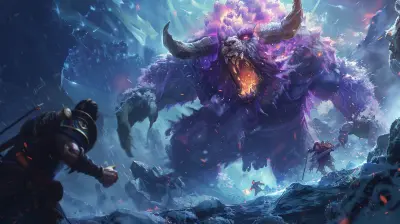The Challenges and Rewards of Voicing Longrunning Game Franchises
27 July 2025
If you’re a gamer or even a casual observer of the gaming world, chances are you’ve stumbled across at least one longrunning game franchise. We're talking about those iconic series that have been around for decades—think Mario, The Legend of Zelda, Final Fantasy, or even Call of Duty. Games like these don’t just appear out of nowhere; they’re built on years of craftsmanship, storytelling, and, most importantly, iconic characters.
The often-overlooked superstars behind these recognizable characters are the voice actors. They’re the folks who give life to our beloved heroes, villains, and quirky NPCs. But voicing for a longrunning franchise is no easy feat. It comes with a truckload of challenges that many people overlook. Yet, on the flip side, the rewards can be just as immense and fulfilling.
So, let’s dive into the intricate world of video game voice acting, shall we? We’ll unpack the highs and lows, the hurdles and triumphs, and everything in between!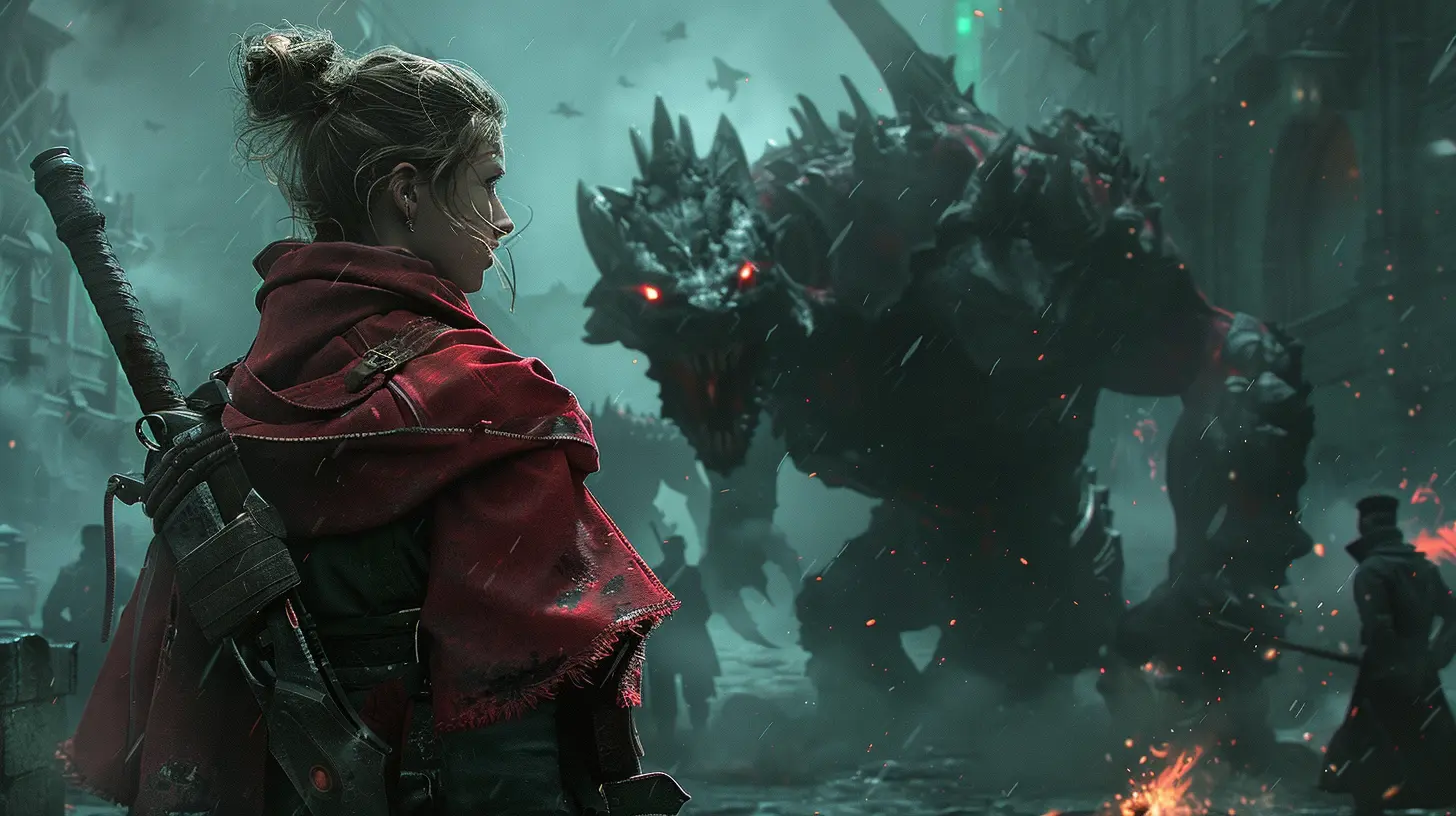
The Unique Challenges of Voicing Longrunning Game Franchises
Voice acting might not look physically demanding, but trust me, it’s no walk in the park. Especially when it comes to longrunning franchises, where the stakes are high, fans are extremely attached to characters, and consistency is key. Here are some of the challenges voice actors face behind the mic: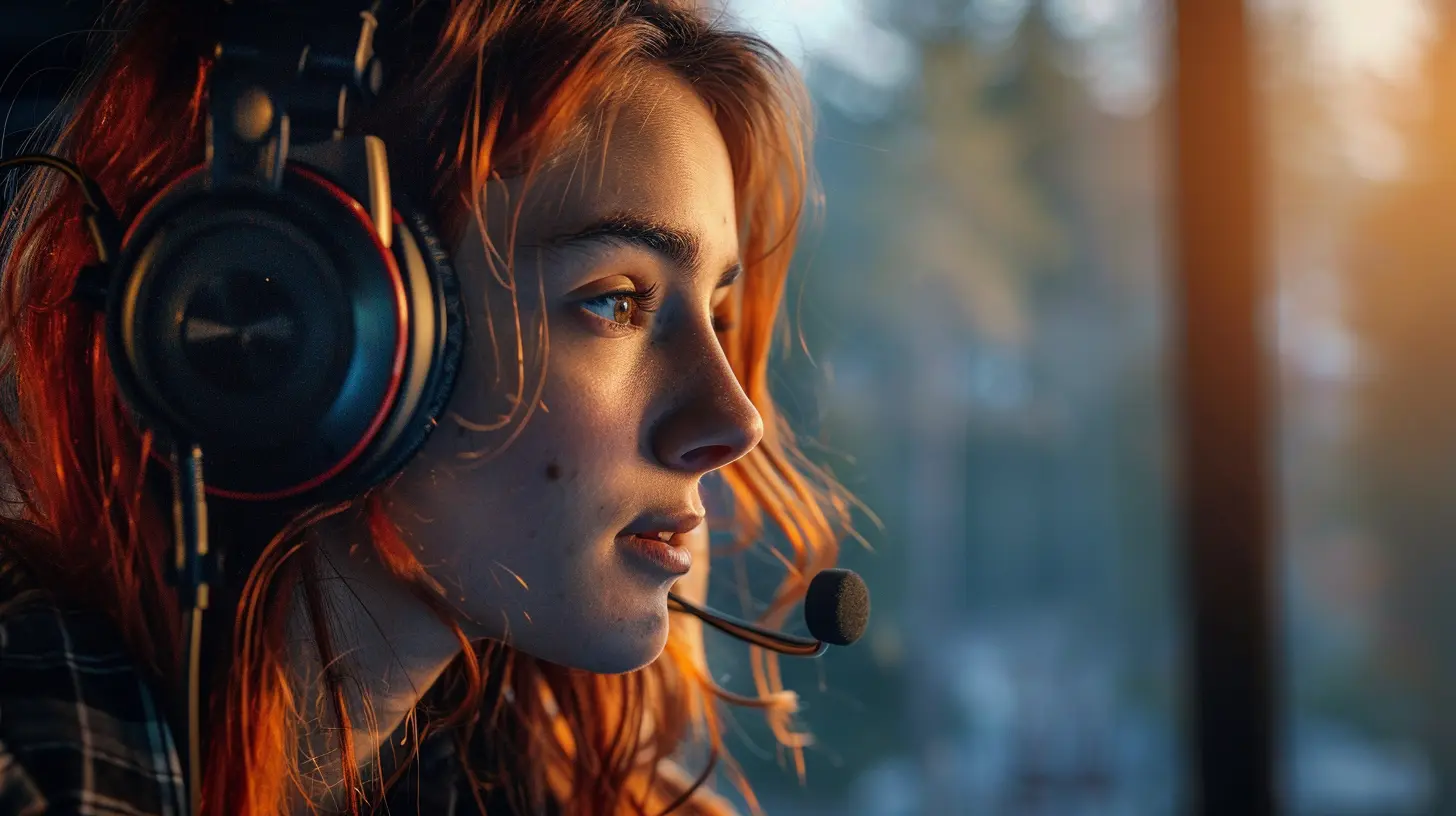
1. Maintaining Consistency Across Decades
Can you imagine trying to keep the same energy, tone, and personality over a span of ten or even twenty years? That’s the reality for voice actors voicing characters from longrunning franchises. Fans don’t forget. They’ll notice if a character suddenly sounds “off” or loses the charm they’ve come to love.For instance, Charles Martinet, the voice of Mario, has been consistent with Mario’s high-pitched “It’s-a-me, Mario!” for decades. That level of consistency is no joke. Voice actors need to ensure their performances seamlessly blend across games, no matter how much time has passed between entries.
2. Meeting Sky-High Fan Expectations
Let’s be real: gamers are some of the most passionate fans out there. Whether it’s on forums, social media, or YouTube comments, fans don’t hold back their opinions. For actors, meeting these expectations can feel like walking a tightrope with no safety net.If a character’s voice changes slightly or lacks the emotional punch it had in earlier games, fans notice—and they WILL let you know. Oh, and let’s not even talk about reprising beloved characters in remakes or spin-offs. The pressure to nail the performance all over again? It’s monumental.
3. Adapting to Evolving Technology
Gaming has come a long way, from pixelated sprites to photorealistic landscapes and motion capture performances. For voice actors, this evolution means adapting to new recording techniques and tools. Back in the day, actors might just record a few catchphrases. Now, they’re often involved in full-blown performance capture sessions, complete with body tracking and facial animations.It’s not just about sounding good—it’s about connecting emotionally and physically with the character. This shift demands versatility and flexibility from voice actors, especially in franchises that have embraced modern technology.
4. The Grind of Endless Retakes
Here’s something most people don’t think about: how often voice actors are asked to redo their lines. Game development can be a chaotic process, with scripts being rewritten and gameplay mechanics changing on the fly. For longrunning franchises, this means spending countless hours in the booth perfecting every grunt, scream, and conversation.Imagine saying a line like, “Watch out, behind you!” fifty times in slightly different tones and volumes. Now, multiply that by hundreds of lines for an entire game. It’s exhausting work that demands patience and stamina.
5. Playing New Versions of Familiar Characters
Sometimes, longrunning franchises take bold creative risks. A beloved hero could become a hardened veteran, or a quirky sidekick might be reimagined with a darker backstory. For voice actors, this means recalibrating their approach while still honoring the character's legacy.Take Kratos from God of War, for example. In the original games, he was an angry, rage-filled demigod. But in the 2018 reboot, he became a more complex character—a father wrestling with his past. The voice actor had to adapt his performance to reflect this character growth while still embodying the Kratos fans knew.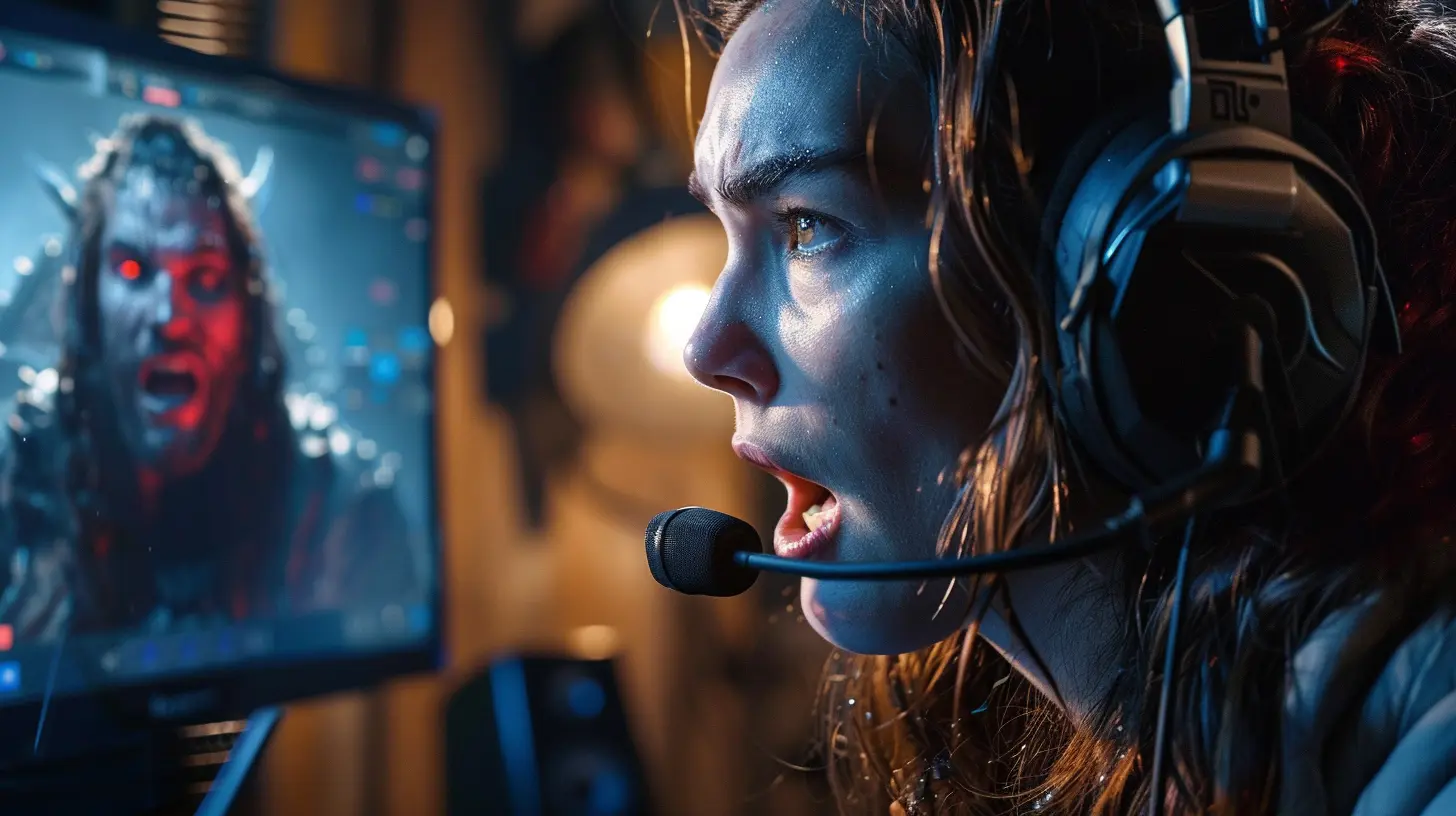
The Rewards of Voicing Longrunning Game Franchises
Okay, so now that we’ve tackled the challenges, let’s lighten the mood and talk about why voice actors love being part of longrunning franchises. The perks are just as compelling as the hurdles!1. Becoming Iconic
Let’s not sugarcoat this—being the voice of a legendary game character can cement you as an industry icon. Think about actors like Nolan North (Nathan Drake from Uncharted) or Jennifer Hale (Commander Shepard from Mass Effect). Their voices are synonymous with their characters, and their performances are etched in video game history.For many actors, this level of recognition is the dream. It’s like leaving your fingerprint on the gaming world—a legacy that fans will remember for years to come.
2. Building a Dedicated Fanbase
One of the coolest parts of voicing a character in a beloved franchise? The fanbase. These actors get to attend gaming conventions, meet fans, and hear firsthand how their performances have impacted people. Some fans even credit these characters with helping them through tough times, which is deeply rewarding for the voice actors.It’s a unique kind of bond, and it makes all the hard work—every retake, every long session in the booth—totally worth it.
3. Creative Collaboration
Voice acting in longrunning franchises isn’t a solo gig. It’s a collaborative effort involving writers, directors, animators, and sound designers. For actors, being part of this creative team can be incredibly fulfilling. They get to work alongside talented people and see how their voice ties into a larger narrative and world.It’s a bit like being part of a big, imaginative family. Everyone is working toward the same goal: to create something that players will love and remember forever.
4. Pushing Creative Boundaries
Let’s not forget how creatively enriching these roles can be. Longrunning franchises often give actors the chance to dive deep into their characters, exploring their backstories, emotions, and relationships. It’s not just about voice acting—it’s about storytelling.Plus, as franchises evolve, actors get to tackle new challenges. They might get to voice their character in a completely different setting or explore a side of the character we’ve never seen before. It keeps the work fresh and exciting.
5. The Joy of Immersion
Finally, there’s something magical about playing a character that so many people love. Voice actors often describe it as being “in the zone.” When they step into the recording booth, they’re not just reading lines—they’re stepping into an entirely different world. It’s an experience that’s hard to describe but incredibly fulfilling.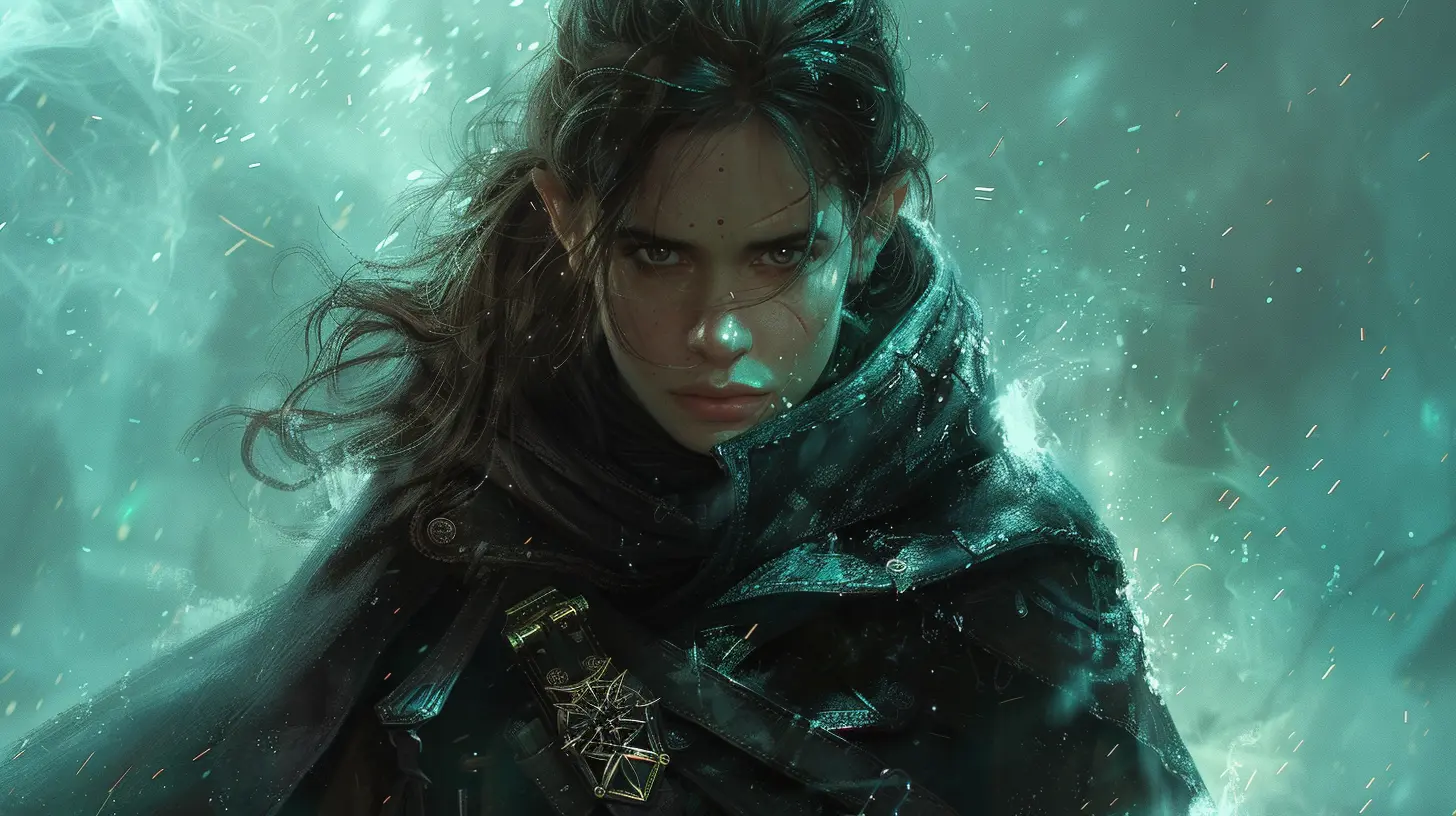
The Future of Voice Acting in Longrunning Franchises
With the gaming industry advancing at breakneck speed, the future looks bright (and busy!) for voice actors. From AI-enhanced performances to more lifelike motion capture, the tools of the trade are evolving every day.But one thing will never change: the heart and soul of a character come from the voice actor behind the mic. As longrunning franchises continue to grow, their actors will remain an irreplaceable part of the magic.
So, the next time you hear an iconic voice in a game, take a moment to appreciate how much work went into that performance. Behind every beloved character is an actor who poured their heart and soul into making it come alive.
all images in this post were generated using AI tools
Category:
Voice Acting In GamesAuthor:

Whitman Adams
Discussion
rate this article
2 comments
Marni Weber
Voicing a beloved character brings immense joy but also pressure; balancing fan expectations and personal interpretation is a constant challenge.
October 30, 2025 at 3:46 AM

Whitman Adams
Absolutely! It’s a delicate dance between honoring the character's legacy and infusing personal creativity, making it both rewarding and challenging for voice actors.
Vincent Wyatt
Embracing the challenges of voicing beloved characters breathes life into rich stories! Every line adds depth, connecting fans and creators in a powerful journey.
August 2, 2025 at 3:44 PM

Whitman Adams
Absolutely! Voicing beloved characters truly enhances storytelling, creating a profound bond between fans and creators. It's a rewarding journey filled with unique challenges.
